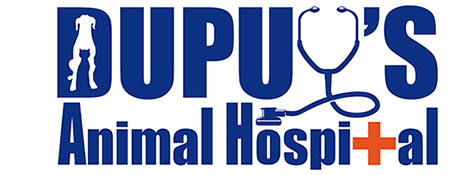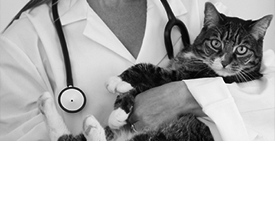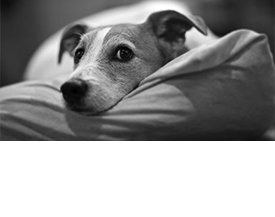Library
-
Ataxia means incoordination within the nervous system. There are several forms of ataxia, depending upon where in the nervous system the abnormality occurs. The most common sign of ataxia is an abnormal, unsteady gait. Treatment of ataxia will be influenced by the root cause. Pain management, supportive care (such as anti-nausea medications), and creating a safe environment (e.g., preventing access to stairs) are cornerstones of ataxia treatment.
-
Atenolol is used off label and given by mouth to treat certain heart conditions in dogs, cats, and ferrets. Common side effects include tiredness and stomach upset. Contraindications include hypersensitivity to beta-blockers, heart failure, heart block, low heart rate, or certain lung disease. If a negative reaction occurs, please call your veterinary office.
-
This handout summarizes atlantoaxial (AA) luxation, a condition in which instability or excessive movement is present between the first two vertebrae within the neck. This instability causes pressure on the spinal cord. Atlantoaxial luxation can be caused by trauma, hereditary factors, or a combination of both.
-
This handout discusses atopic dermatitis (atopy), a form of allergic skin disease brought on by an abnormal response to allergens in the environment. The clinical signs, diagnosis, and treatment are outlined.
-
This handout explains atopic dermatitis (atopy) in dogs, a form of allergic skin disease brought on by an abnormal response to allergens in the environment. The clinical signs, diagnosis, and treatment are outlined.
-
Atopivet® topical products are formulated to help maintain a healthy skin barrier and support skin health in cats and dogs. These skin care products are available over-the-counter in the forms of a mousse, spot-on, and skin-care collar.
-
Atovaquone is given by mouth and is used off-label to treat protozoal infections. Give as directed. Side effects are uncommon but may include stomach upset or skin rash. Do not use in pets that are pregnant. If a negative reaction occurs, contact your veterinarian as soon as possible.
-
Atrial fibrillation describes very rapid contractions or twitching of the heart muscle, specifically in the atria. Most of the time, atrial fibrillation in cats occurs secondary to heart disease. Sometimes, in large breed cats, atrial fibrillation will occur as a primary heart problem. Most cats who develop atrial fibrillation have underlying heart disease, so the signs that are observed are often related to that underlying condition, and may include exercise intolerance, cough, or difficulty breathing. Treatment varies depending on whether the pet has primary or secondary atrial fibrillation. Your cat will need to be monitored on a regular basis.
-
Atrial fibrillation describes very rapid contractions or twitching of the heart muscle, specifically in the atria. Most of the time, atrial fibrillation in dogs occurs secondary to heart disease. In some large breed dogs, atrial fibrillation occurs as a primary heart problem. Most dogs who develop atrial fibrillation have underlying heart disease, so the signs that are observed are related to that disease and may include exercise intolerance, cough, or difficulty breathing. Treatment varies depending on whether the dog has primary or secondary atrial fibrillation. Your dog will need to be monitored on a regular basis.
-
Atrioventricular (AV) valve dysplasia is a developmental malformation of the mitral or tricuspid valve in the heart. Signs include exercise intolerance, accumulation of fluid in the abdomen, weight loss, and stunted growth. Difficulty breathing or collapse may occur if congestive heart failure develops. Treatment of AV valve dysplasia is focused on managing signs of congestive heart failure and/or disturbances in heart rhythm, generally using medications.


